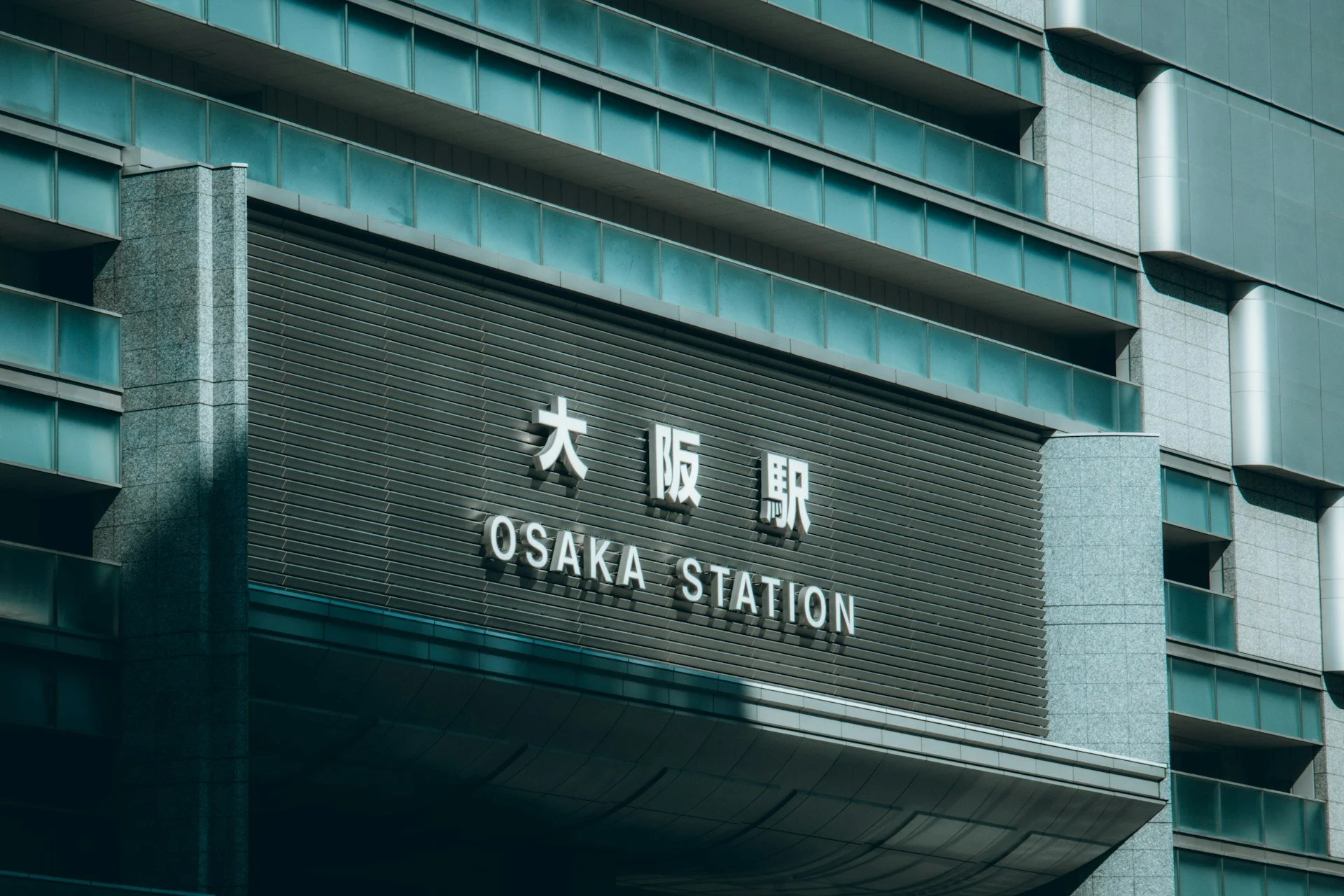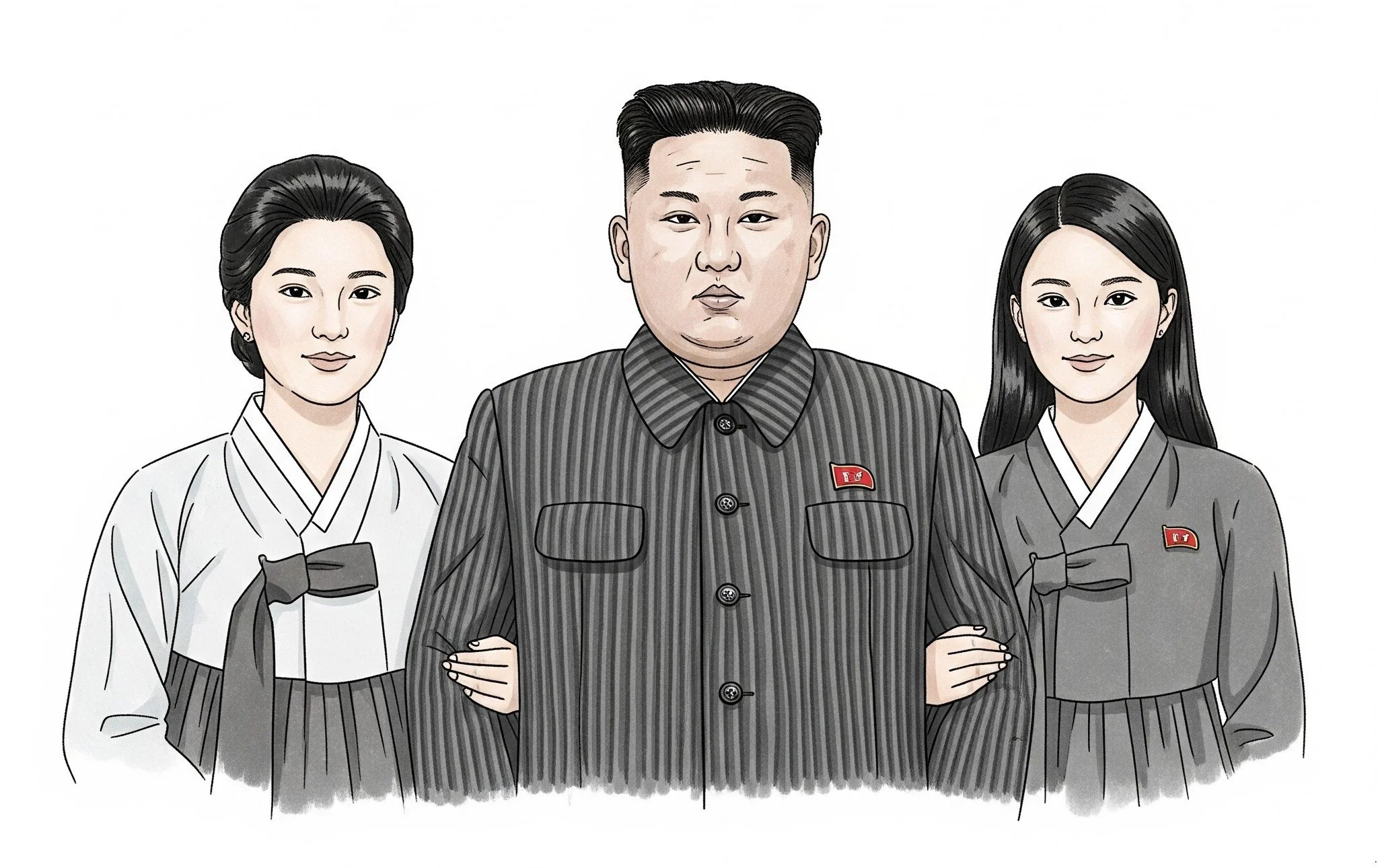Ko Yong-hui, the late mother of North Korean leader Kim Jong-un, remains one of the most mysterious figures in the regime’s history. Despite her intimate role in shaping the current leadership, she has been systematically erased from North Korea’s official narrative. Ko’s story is not just a biographical curiosity, but a political liability.
THE WOMAN BEHIND THE SUPREME LEADER
Born in 1952 in Osaka’s Tsuruhashi district (the largest Korean neighborhood in Japan), Ko was part of Japan’s Korean diaspora. Her father, Ko Gyo-taek, worked in a military factory supporting Japan’s war effort and later fled to North Korea to escape prosecution for smuggling. This background, far from revolutionary, posed a political challenge for a regime built on anti-Japanese sentiment and the glorification of the “Paektu bloodline” – a mythic lineage that traces back to Kim Il-sung and his guerilla resistance against Japanese rule. Ko’s Japanese ties would therefore place her in the lowest caste according to North Korea's rigid songbun caste system.
Together with her father, Ko moved to North Korea at the tender age of 10 as part of a repatriation program known as the “Paradise on Earth” campaign that lured approximately 93,340 ethnic Korean residents in Japan (Zainichi Koreans) to North Korea between 1959 and 1984. By Ko’s early twenties, she had joined the Mansudae Art Troupe and caught the attention of Kim Jong-il, who bestowed her the title of “Merited Actress” in 1972. She bore him three illegitimate children: Kim Jong-chul (their eldest son, rumored to be apolitical and more interested in pop music than leadership, was said to have a “soft personality” and “feminine traits,” reportedly requiring hormone treatment to appear more masculine), Kim Jong-un and Kim Yo-jong (their youngest daughter more often known as the most dangerous woman in North Korea).
Generated illustration of Ko, Kim Jong-un and Kim Yo-jong
Though Ko lived with Kim Jong-il for nearly three decades, she was never publicly acknowledged as his wife and rarely appeared in state media due to her birth heritage. Sadly, her final years were marked by illness and exile. Diagnosed with breast cancer in the late 1990s, she delayed treatment due to succession tensions. By the time she sought medical care in Paris in 2004, it was too late, and she died at the age of 51. Her grave on Mount Taesong remains one of the few public acknowledgements of her existence.
SECRETS OF THE MOTHER THAT SHAKES NORTH KOREA’S MYTH
Throughout the years, there have been careful attempts to elevate Ko’s status of revolutionary matriarch, akin to North Korea’s founding father Kim Il-sung’s first wife, Kim Jong-suk. For instance, North Korea began quietly promoting Ko in 2002, granting her the title “Respected Mother” – though notably, her name was never mentioned in official materials. Another glimpse into her limited cult of personality is a secret document published in 2002 that praised Ko as “the most faithful of the faithful, endlessly loyal to the Beloved and Respected comrade Supreme Commander,” and even featured a song hailing her:
The Mother is Young
Looking up to the bright smile of Mother,
In my heart, ten millions buds flower,
For Commander-Father’s health,
Be always, Mother, in eternal youth.
Although the campaign was briefly paused following her death in 2004, Pyongyang revived it in 2011 with the release of the documentary Mother of Great Songun Korea, timed with Kim Jong-un’s confirmed succession, portraying Ko as a guiding maternal figure. However, the film conspicuously omitted her name, birthplace and family history to bury her past. By 2015, the regime began recalling and destroying copies of the documentary, fearing that her Japanese heritage and unofficial status as Kim Jong-il’s consort would undermine the legitimacy of Kim Jong-un’s succession.
Yet, Ko’s influence on Kim Jong-un was profound. According to journalist Yoji Gomi, Ko taught the young Kim Japanese songs and language, and her sister, Ko Yong-suk – who later defected to the U.S. – helped raise him in Switzerland. To this day, Ko Yong-hui’s legacy continues to live on in subtle ways, including in Kim Jong-un’s outreach this May to the General Association of Korean Residents in Japan (a group known as Chongyron that acts as the DPRK’s de facto embassy in Tokyo), during its 70th anniversary celebrations. In his message, Kim referred to them as “our compatriots resident in Japan” and warmly invited them to visit their “homeland,” signalling a personal connection that echoes his mother’s roots.



